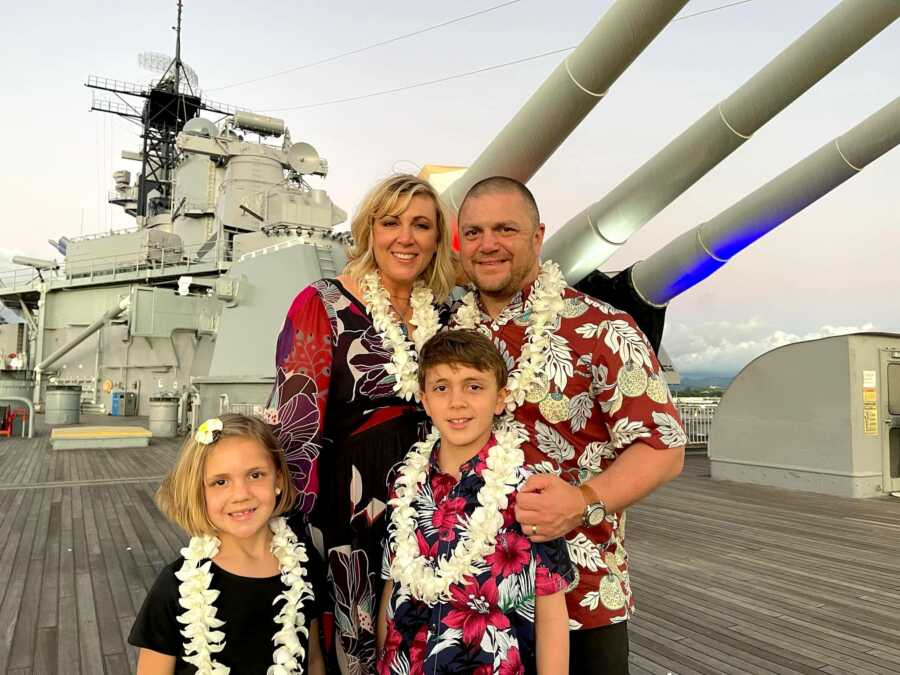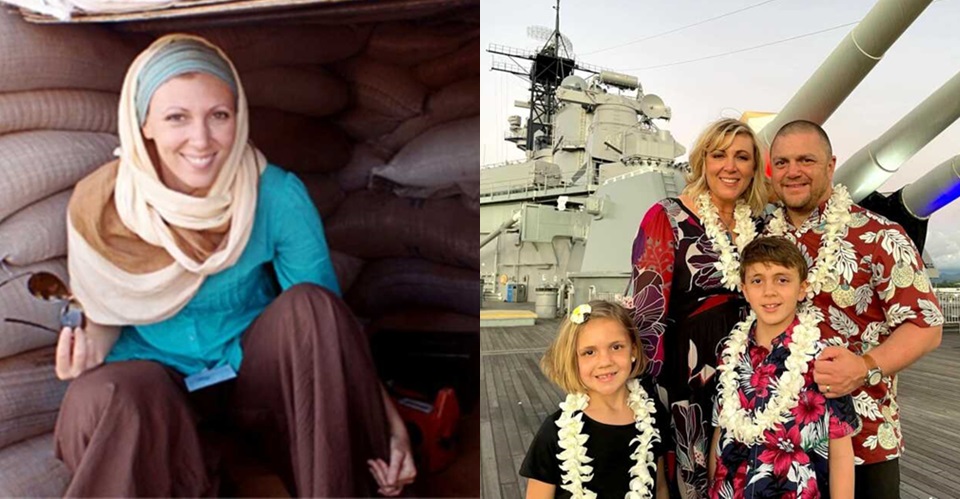She didn’t meet motherhood at the “right” time; motherhood met her when she needed saving, and turned survival into a life worth living. Motherhood, for Jessica, didn’t arrive with a plan or a perfect moment. It showed up like a lifeline. After surviving months of captivity in Somalia and a daring rescue, she found herself at a military hospital in Italy in January 2012, thin, exhausted, and newly free. When her husband, Erik, finally walked through the door, flowers in hand, tears on his face, relief crashed over her.
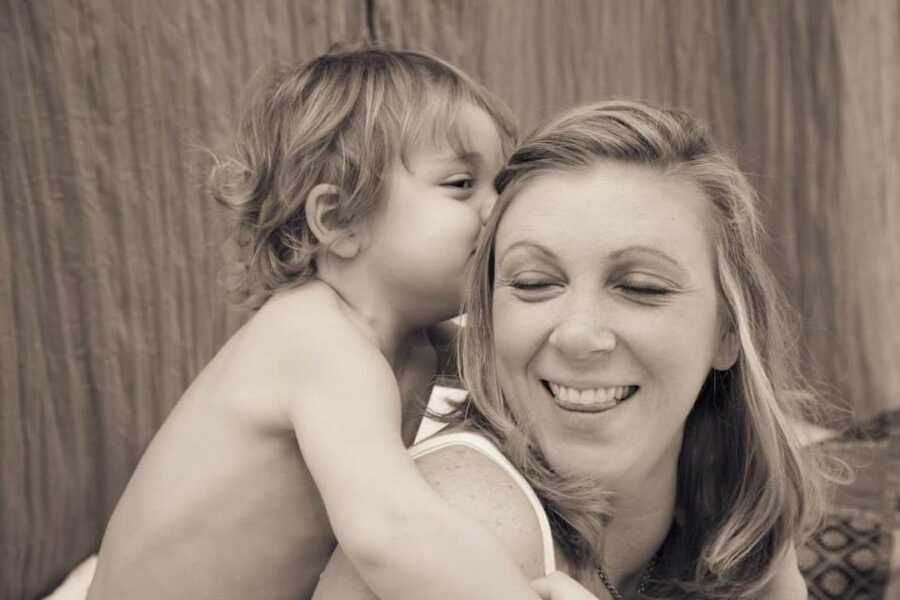
She buried her face in his sweater and, without thinking, whispered the first clear desire she’d felt in a long time: “I want to have a baby.” That wish had kept her going in the desert. On cold nights, lying on the ground, she imagined padding up the stairs in her apartment, scooping up a baby boy with warm skin, and tucking him between clean white sheets. She didn’t know why a boy was always in her mind; only picturing him gave her something to hold.
After the rescue, she and Erik went to Sweden to rest and be with family. Days blurred with reunions, candles lit for her, hugs that lasted too long, friends crying as they told her how scared they’d been. She tried to eat normally, but her body couldn’t keep up. Rich meals ended with her on the bathroom floor, shivering, apologizing, wondering if trauma had rewired her stomach. Erik’s mother pulled him aside and asked quietly if Jessica could be pregnant. Jessica laughed it off. She hadn’t had a period since early in the kidnapping, and she’d lost nearly 40 pounds. Pregnancy felt impossible.
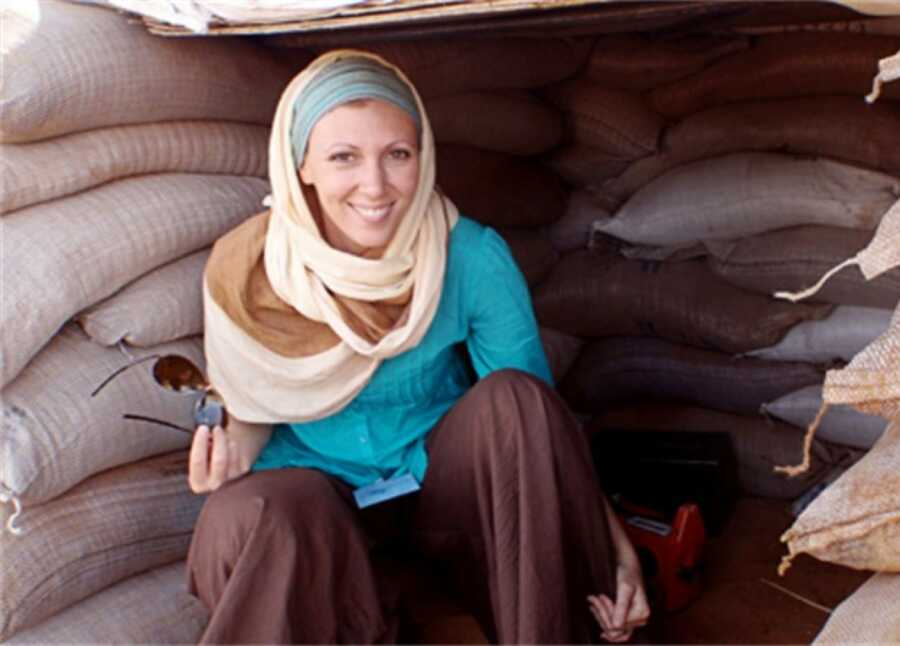
Still, the timing nagged. She and Erik had been intimate since Italy, and four weeks had passed. Erik brought home a test with Swedish instructions; she took it, glanced at the two pink lines, and said, “Negative.” Erik rechecked the paper. “Two lines mean positive.” The room tilted. She wasn’t ready, not after everything. The nightmares were nightly. The anxiety was loud. She felt broken, and now a baby? But life kept moving. Eight and a half months later, on October 2, 2012, in Nairobi, doctors lifted a seven-pound boy from her belly during a planned C-section. A Rwandan anesthesiologist, knowing Jessica’s trauma and fear, stroked her hair and whispered, “You’re going to be the best mother. You can do this.” They placed her son, August, on her chest. Tears ran into her hair as she tried to focus on his pink, squirming face.
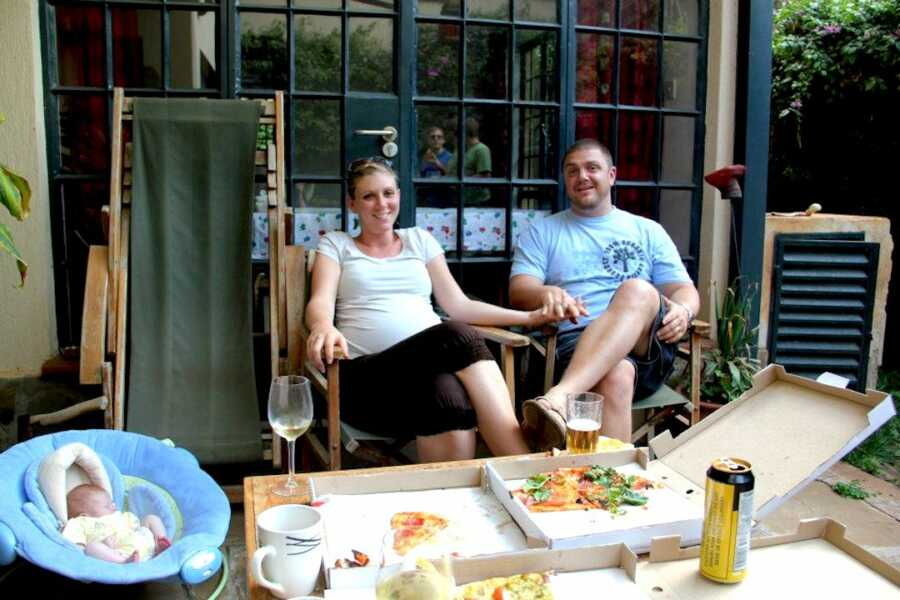
Those first months were dark and tender at the same time. She woke through the night to feed, swaddle, and burp. In that quiet, when panic threatened, she would breathe in the sweet smell of his head and feel her thoughts steady. This child, this boy she’d imagined in the desert, became the reason she got out of bed. When the past clawed at her, his softness pulled her back to the present. He was not just her baby; he was proof that life could come after terror. Years later, Jessica looks at motherhood like others talk about pilgrimages: a journey into the unknown that remakes you. She had already been transformed once, by fear, hunger, and survival, but raising August changed her again, this time through love and responsibility. She didn’t choose the timing; she wouldn’t have picked it. Yet she believes it came exactly when she needed saving one more time.
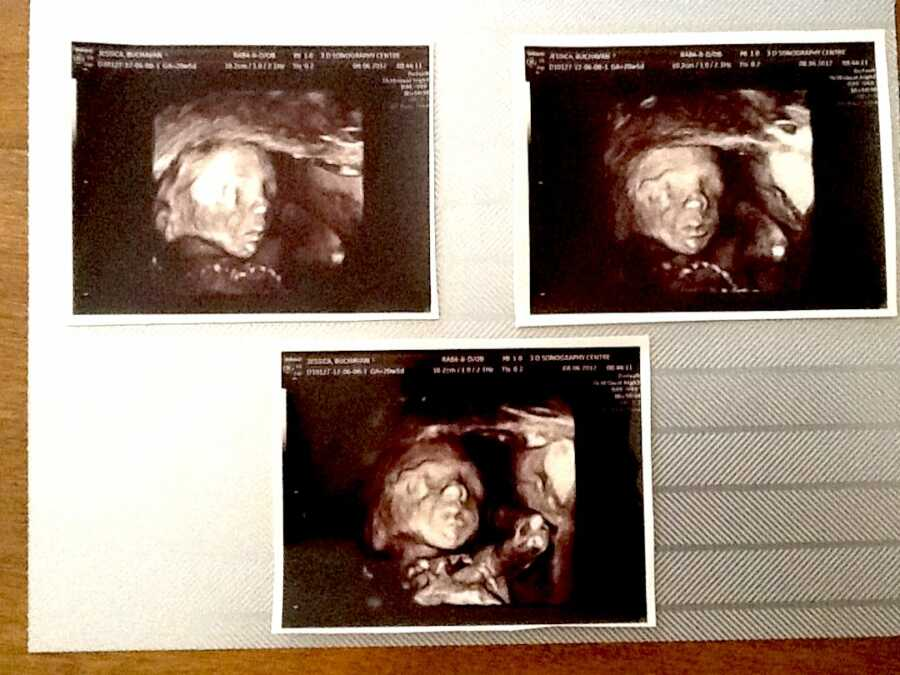
Nine years on, evenings end with them tucked side by side, reading, talking about his day. Sometimes she catches that newborn scent memory, presses her nose into the back of his neck, and whispers, “Thank you.” He doesn’t fully understand. Maybe he will when he’s grown and holds a child of his own. Perhaps he’ll see what she means: his small life carried hers back to shore.
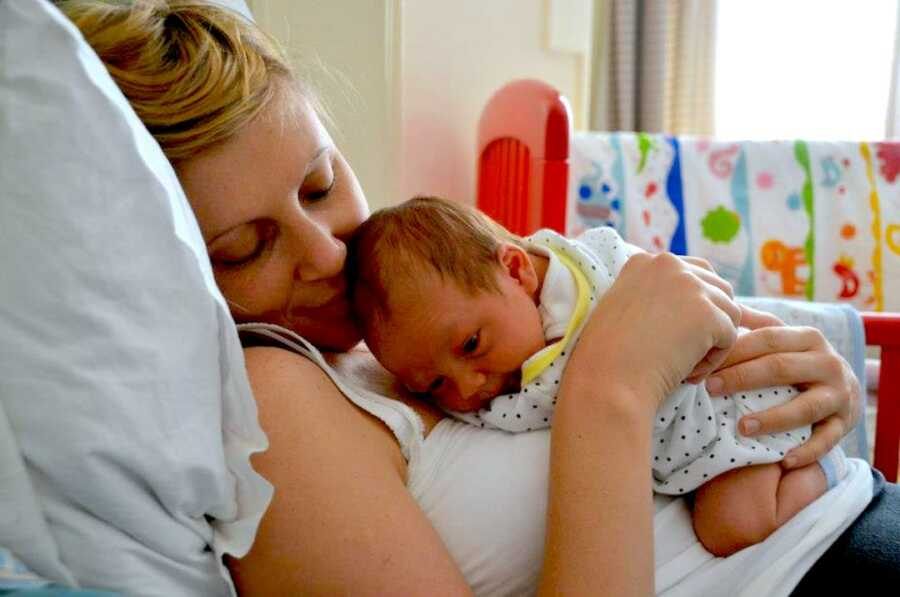
Jessica still remembers the cold window glass in Italy, the shock of flowers in a wool-sleeved hug, the steady snow. She remembers the desert nights when she pictured a boy to survive. She remembers strangers sobbing with relief in Sweden and crouching on tiled floors as nausea came in waves. She remembers two pink lines she thought were a no and turned out to be the biggest yes of her life. And she remembers the voice in the operating room promising her she could do it, and discovering that she could. Motherhood didn’t erase the past; it gave her a path through it. It didn’t fix the fear; it gave her a reason to face it. It didn’t return what she lost; it taught her how to live with what remained, and to love the life that followed.
